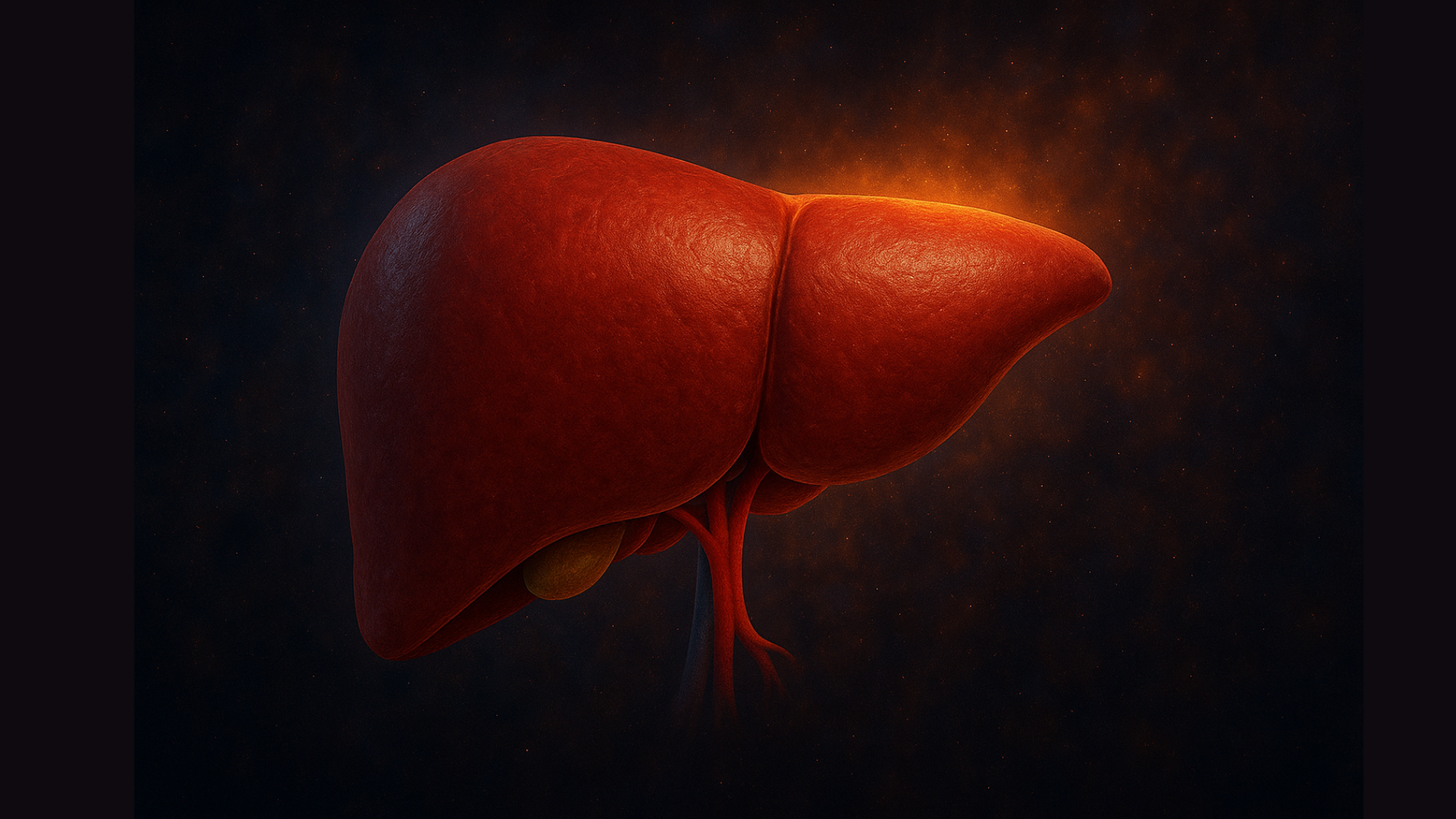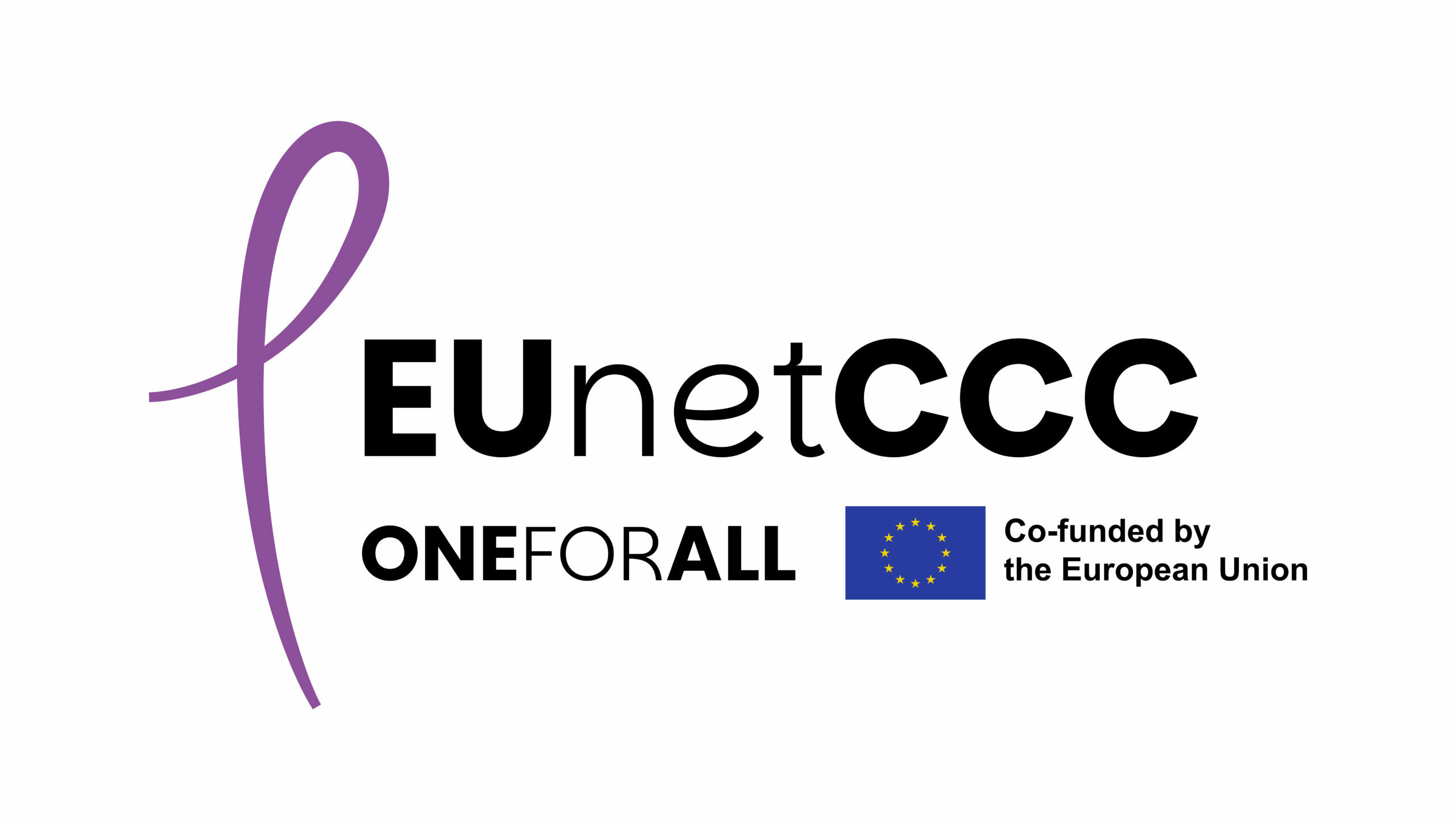The Colegio Profesional de Fisioterapeutas de Castilla y León promotes a physical exercise program for people with cancer, developed in collaboration with CAUSA, USAL and IBSAL.
A therapeutic physical exercise program aimed at people with cancer, which began as a pilot project in May 2024, has become consolidated in Salamanca as a reference in the complementary approach to oncohematological processes. To date, 137 patients have participated in some of the modalities offered, and the program will be operational throughout 2025 thanks to funding obtained from various private sources.
This intervention, unique so far in the province, has meant a significant advance in health care for people with cancer, with excellent results of acceptance and efficacy. The project is coordinated by Juan Luis Sánchez González and Carlos Martín Sánchez, IBSAL researchers and physiotherapists from the Colegio Profesional de Fisioterapeutas de Castilla y León (CPFCyL), and has already implemented six adapted exercise programs in less than a year.
A collaborative model between professionals and science
The program has the support and direct involvement of health professionals from the Hematology and Oncology services of the University Health Care Complex of Salamanca (CAUSA), as well as research groups from the University of Salamanca (USAL) and the Institute of Biomedical Research of Salamanca (IBSAL), which reinforces its scientific and rigorous nature.
The following research teams, among others, are participating:
- Physiotherapy, functional recovery and therapeutic exercise – Dr. Roberto Méndez Sánchez.
- Study on the predisposition and treatment of solid tumors – Dr. Emilio Fonseca Sánchez.
- Prevention and Early Intervention in Mental Health (PRINT) – Dr. Jesús Pérez Sánchez-Toledo.
- Functional Proteomics and Nanomedicine – Dr. Manuel Fuentes García.
- Hematopoiesis and Advanced Therapies – Dr. Fermín Sánchez-Guijo Martín.
- Cell Therapy and Transplantation – Dr. Lucía López Corral.
The intervention is financed by competitive calls obtained by these groups, as well as by entities such as the Asociación Contra la Leucemia y Enfermedades de la Sangre (ASCOL) of Salamanca and the Colegio Profesional de Fisioterapeutas de Castilla y León.
Individualized and evidence-based care
Patients are referred by their CAUSA oncologists and hematologists, and subsequently assessed by a team of physiotherapists from CPFCyL (Roberto Méndez, Silvia Puente, Luis Polo, Juan Luis Sánchez and Carlos Martín). Each person is evaluated individually, recording parameters such as strength, body composition, nutritional status, quality of life, sleep, anxiety and depression. This same evaluation is repeated at the end of the program, making it possible to compare results and analyze objective improvements.
One of the innovative elements is the incorporation of analytical indicators in the follow-up, with the aim of studying correlations between regular exercise and the clinical evolution of the patient.
Two intervention modalities
The program is developed in cycles of between 8 and 12 weeks and offers two modalities of participation:
- Face-to-face, with sessions supervised by physiotherapists twice a week.
- Distance learning, with individualized follow-up, written materials and explanatory videos for those who cannot travel to Salamanca.
Throughout the process, constant communication is maintained with patients to resolve doubts, adapt exercises and evaluate progress.
Institutional commitment and call for new alliances
The Colegio Profesional de Fisioterapeutas de Castilla y León stresses the value of projects such as this one, both for their impact on the quality of life of people with cancer and for their pioneering nature within the public health system.
“Physiotherapy brings concrete and measurable benefits to people with cancer, and projects like this one are an example of the impact it can have when applied with clinical, scientific and human criteria. For the College it is a priority to contribute to the development and consolidation of initiatives such as this one.” says José Luis Morencia, president of the CPFCyL.
Although the service is currently guaranteed until the end of 2025 thanks to private financing, it is hoped to be able to keep it active beyond that year. To achieve this, it will be essential to have new sources of financing to guarantee its continuity and possible expansion.



